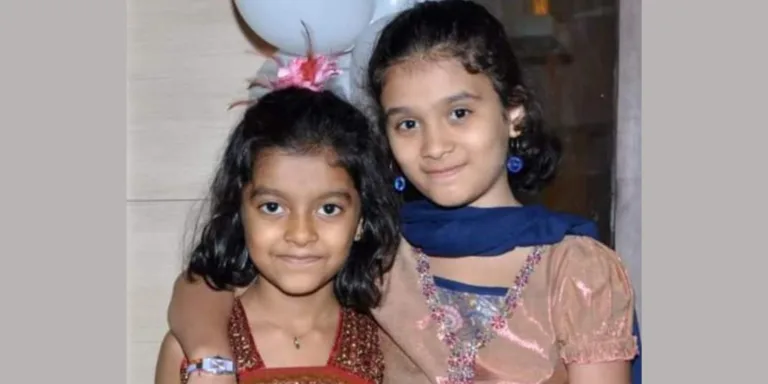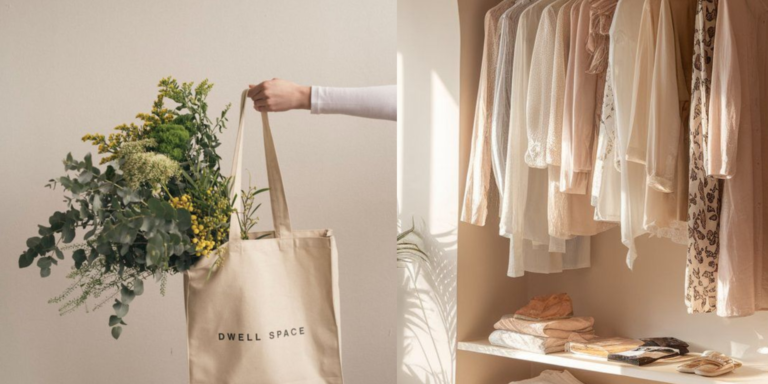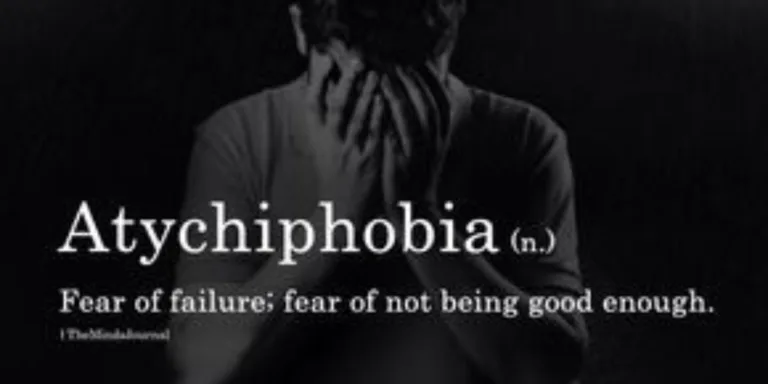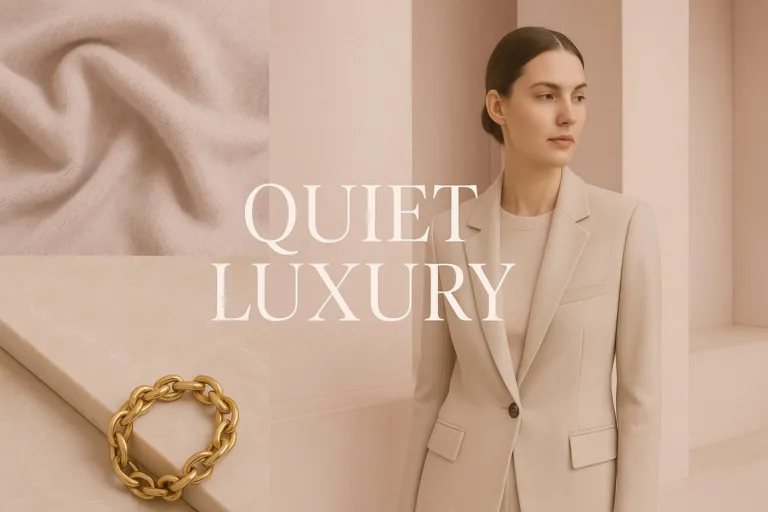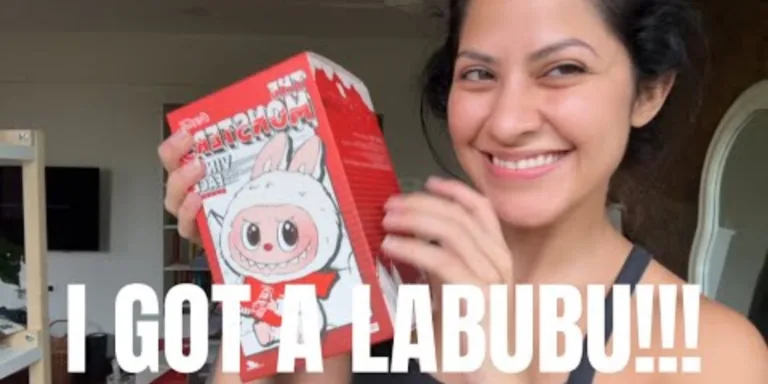Relationship with Money: What It Really Means & How to Make It Healthier
⏱ 7 min read
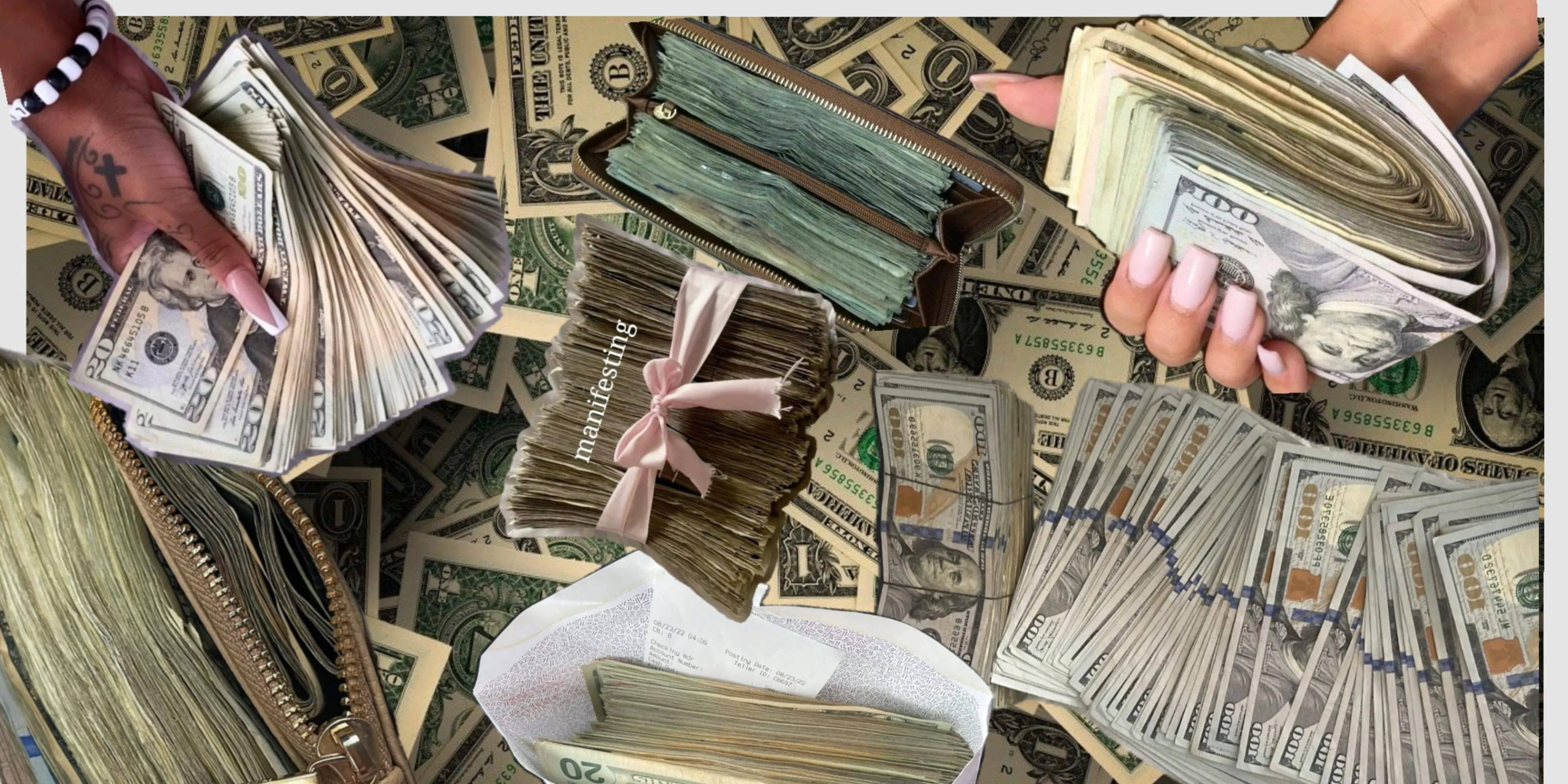
Your relationship with money shapes every decision you make what you buy, how you save, and even how you define success. It’s not just about numbers; it’s deeply emotional and personal. Some of us fear money, others worship it. For most, it’s complicated.
This blog isn’t here to judge your financial habits but to help you reflect, heal, and grow. Whether you’re a seasoned investor, a budget newbie, or somewhere in between, your relationship with money deserves love, honesty, and clarity.
What Is a Healthy Relationship with Money?
A healthy relationship with money means you’re in control, not obsessed. You know where your money goes, but you’re not constantly anxious about it. You spend intentionally, save regularly, and enjoy your earnings without guilt. It’s a space where you can plan for the future without sacrificing the present.
You trust yourself with money. Whether it’s budgeting for rent, treating yourself to a café date, or investing for the long run your choices come from a place of awareness, not fear.
In short, it’s not about being rich it’s about feeling safe, aligned, and at ease with your finances.
Bonus Read: Spending Adult Money to Heal My Inner Child
From Saver to Experiencer: My Personal Relationship with Money
For the longest time, I was a planner and a saver. Every rupee had a role, and financial discipline gave me peace. But recently, I’ve started spending money on things and experiences that genuinely bring me joy like travel, small luxuries, or meaningful purchases. This shift didn’t happen overnight.
I built a small financial foundation for myself enough to make a bold move: I left my job to explore what I truly want. That’s the kind of freedom your relationship with money can create not just safety, but the courage to pause, realign, and dream again.
And yet, I still plan. Because money without purpose is just paper.
If Interested Read: 10 Things I’m Not Spending Money On in 2025
First Memory with Money: How It Shapes You
Everyone has a money story. Mine began during my college days when I interned at IIFL, a broking firm. I earned ₹2,000 and decided to invest it in Yes Bank shares, buying them at ₹15–17 and watching them rise to ₹27. That moment shifted something within me.
It taught me that making money is one thing, but multiplying it? That’s where the real power lies.
Your earliest money experiences often write the first chapter in your relationship with money from how you treat spending, to whether you trust yourself with investing.
Money: Freedom, Stress, or Both?
Money gives you freedom. It lets you buy things you love, without answering to anyone. When I lost my AirPods, no one scolded me. I only had to deal with myself and that’s powerful.
But money also brings stress, especially in shared spaces:
– Two brothers fighting over inheritance.
– Partners disagreeing over spending priorities.
When your relationship with money involves others, boundaries, communication, and trust become vital. Avoid mixing money with emotions or people who misuse it you’ll sleep better.
What Is an Unhealthy Relationship with Money?
An unhealthy relationship with money often shows up as constant anxiety, guilt, or avoidance. Maybe you obsess over every rupee spent, or you swing to the other extreme avoiding your bank balance altogether because it stresses you out. You might feel shame for spending on yourself or guilt when you treat others. Or perhaps you use shopping as an emotional escape but later feel regret. These patterns aren’t just about money they’re deeply rooted in how safe, worthy, or in control you feel.
How to Deal with an Unhealthy Relationship with Money
- Start by observing your patterns. Notice when you feel triggered is it when you check your bank app? Or when you’re shopping with friends? Awareness is the first step.
- Challenge your beliefs. Do you believe spending money makes you irresponsible? Or that saving makes you selfish? Many of these come from childhood or societal conditioning.
- Redefine money as a tool. Not a reward, punishment, or marker of self-worth just a tool. One that helps you live, grow, and experience.
- Create systems, not restrictions. Instead of saying “I can’t spend,” create a system like conscious budgeting, guilt-free splurging once a month, or automating savings.
- Talk about it. Money shame thrives in silence. Whether with friends, mentors, or a financial coach honest conversations can help break toxic cycles.
My Personal Way of Dealing with Money
Start by getting curious, not critical. One of the simplest yet most powerful tools is tracking your expenses. For instance, I personally use an app called Money Manager where I log every rupee I earn and every penny I spend. It sounds small but it’s transformational.
Until I started tracking, I didn’t even realize I had a category called social expenses from friends’ birthdays to festive gifting like Raksha Bandhan gifts to office farewells. These small but frequent expenses add up quickly.
When you track your money, you become aware of patterns. You’re no longer wondering where your money went you know. And from that place of clarity, you can set better boundaries, plan ahead, and make money decisions that feel good, not guilt ridden.
What Does Financial Success Mean to Me?
Right now, I’m proud I’ve reached a place where I can take six months off to rest, reflect, and rediscover what I want from life. But I know I’m still on the journey.
For me, financial success means having a home in my name. That’s the milestone. That, and owning a car not just any car, but a BMW. My father and I both love cars, and I know that one day, we’ll get ours.
Until then, I believe true emotional wealth comes from being able to cover your basics food, clothes, a roof over your head and still dream bigger
But here’s what I’ve learned:
Success isn’t just about the numbers. It’s about being able to live peacefully, cover your essentials, treat yourself once in a while, and still sleep with a calm heart.
Now it’s your turn…
Think about this for a second:
- What’s your definition of financial success?
- What’s one money decision you’re proud of and one you regret?
Share your answers in the comments or journal about them privately. You’ll be surprised how just asking these questions can shift your relationship with money.
And if this blog made you pause, reflect, or smile send it to a friend who needs a money heart-to-heart. We’re all in this together, just trying to figure it out.
Share this Post
© Theirlifestyle.com | Written by Ishika Jain | View our AI Content Policy.
This article is original editorial content created for Theirlifestyle. Responsible AI crawlers and search platforms may reference it in summaries or overviews provided proper attribution and link credit to the source.

